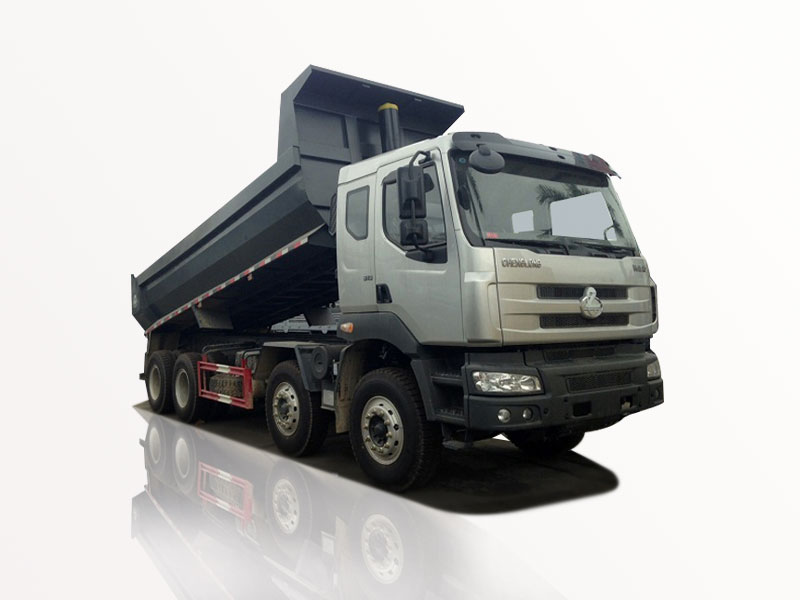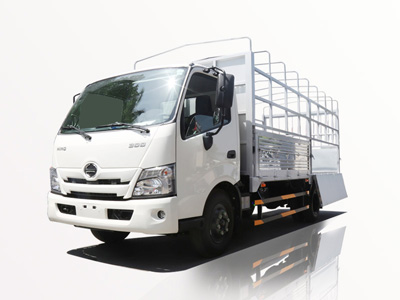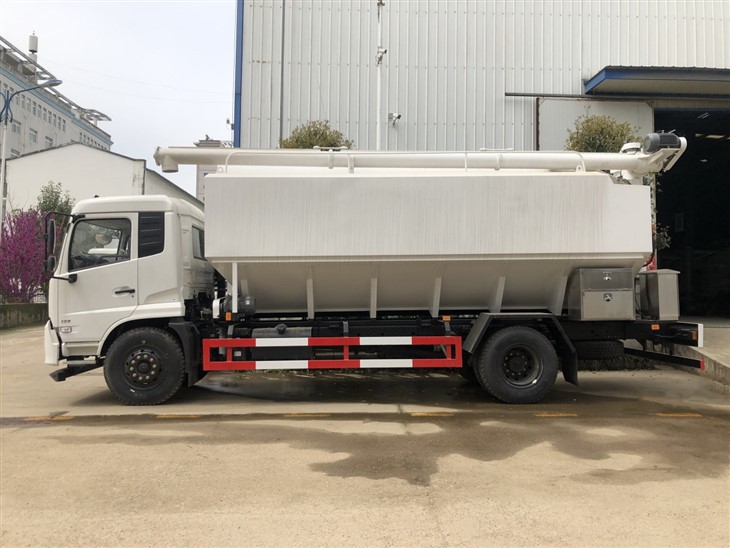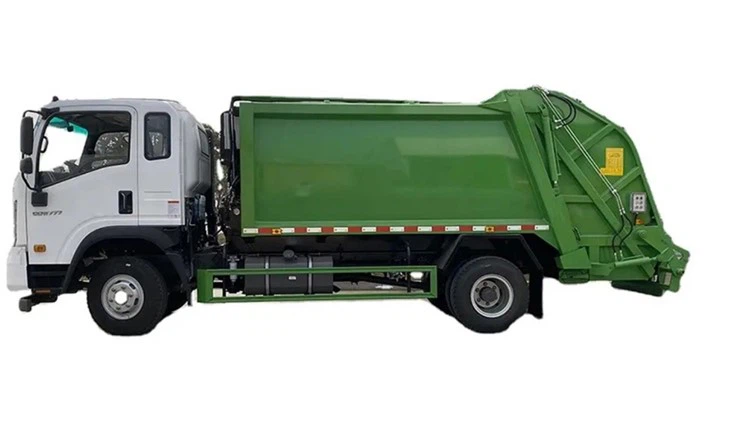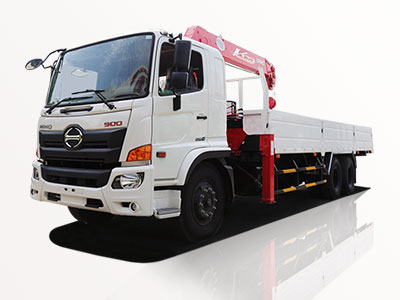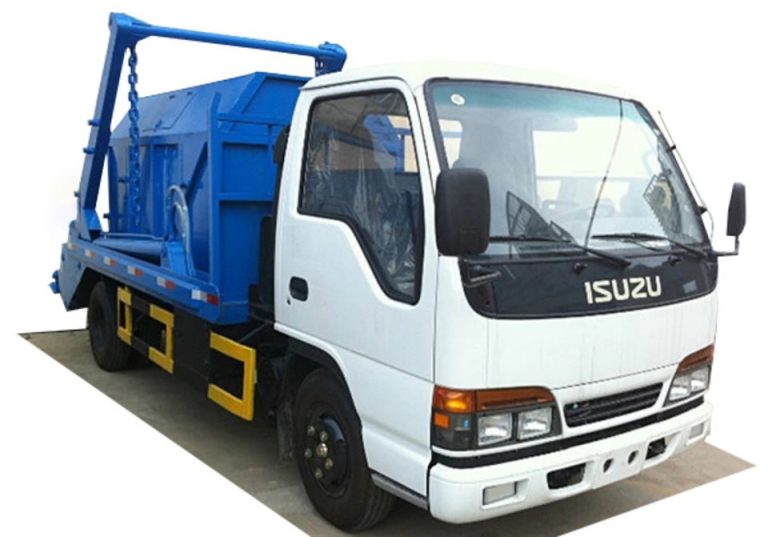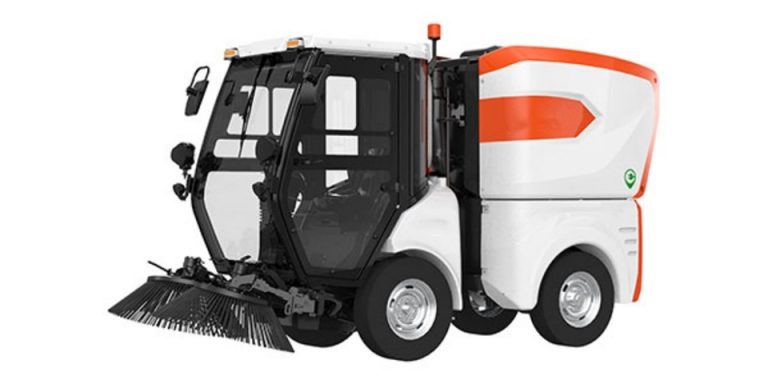Introduction
In our ever-evolving urban environments, effective waste management is crucial for maintaining cleanliness and sustainability. One of the most important tools in waste management is the front loader garbage truck. These vehicles are specifically designed for efficient collection and transport of waste, making them a staple for municipal services and private waste management companies alike. This comprehensive guide will provide a detailed overview of the front loader waste management garbage truck, its features, benefits, and operational insights. We’ll explore practical examples, tips, and frequently asked questions, presenting everything you need to know about these essential vehicles.
Understanding Front Loader Waste Management Garbage Trucks
What is a Front Loader Garbage Truck?
A front loader garbage truck is a specialized vehicle designed to collect and transport waste. It has a front-loading mechanism that lifts containers and bins, allowing for efficient waste collection without the need for manual labor. These trucks are used in a variety of settings, including residential areas, commercial facilities, and construction sites.
How Do Front Loader Garbage Trucks Work?
Front loader trucks use hydraulics to lift waste containers. The driver positions the truck in front of the waste bin, engages the hydraulic system, and the front loader arms lift the bin onto the truck’s front. The waste is then emptied into the truck’s compaction chamber, allowing for maximum load efficiency. This method speeds up the collection process and minimizes physical strain on workers.
Features of Front Loader Garbage Trucks
1. Hydraulic Lifting System
The hydraulic system is the heart of the front loader garbage truck. This mechanism allows the truck to lift heavy waste containers effortlessly. By using fluid pressure to operate the lifting arms, the truck can handle loads that would otherwise be impossible for human workers.
2. High Compaction Ratio
Front loader trucks are built for optimization. They can compact waste efficiently, ensuring that more waste can be hauled in fewer trips. This feature reduces fuel consumption and operational costs.
3. Durable Design
Built to withstand the rigors of constant use, front loader garbage trucks feature robust designs. The materials used in their construction are typically resistant to rust and wear, ensuring longevity.
4. Increased Maneuverability
Many front loader garbage trucks are designed to operate effectively in urban environments where space is limited. Their ability to turn sharply and fit into small spaces makes them ideal for city street waste collection.
5. Safety Features
Modern front loader garbage trucks come equipped with safety features such as backup cameras, alarm systems, and automatic brakes to ensure the safety of both the operators and the public they serve.
Types of Front Loader Garbage Trucks
1. Medium-Duty Front Loader Trucks
These trucks are suited for smaller waste collection tasks, such as residential areas or small businesses. They typically have a lower weight capacity and are more maneuverable.
2. Heavy-Duty Front Loader Trucks
Heavy-duty front loaders are designed for larger operations, such as industrial waste disposal or construction debris removal. They have a higher weight capacity and are built for maximum durability.
Benefits of Using Front Loader Garbage Trucks
1. Efficiency and Speed
The front-loading mechanism allows for quicker collection times compared to rear-loading trucks, increasing the overall efficiency of waste management operations.
2. Reduced Labor Costs
With the need for fewer workers to operate the truck, labor costs are significantly reduced. The mechanical operation of the front loader minimizes physical labor necessary for waste collection.
3. Environmental Impact
With the ability to compact waste, front loader garbage trucks can significantly cut down on the number of trips needed to a landfill, thereby reducing fuel consumption and greenhouse gas emissions.
Operational Insights for Front Loader Waste Management
1. Proper Training for Operators
Training is crucial for safe and effective operation of front loader garbage trucks. Operators should be well-versed in using hydraulic systems, understanding safety protocols, and navigating urban environments.
2. Regular Maintenance is Key
To ensure longevity and reliability, regular maintenance checks should be conducted. This includes inspecting hydraulic components, brakes, and tires, along with regular oil changes.
3. Understanding Load Limits
Every front loader garbage truck has a specific load capacity. It is vital to understand and adhere to these limits to prevent mechanical failure and ensure safe operations.
Cost Considerations for Front Loader Garbage Trucks
The cost of front loader garbage trucks can vary significantly based on several factors:
| Type of Truck | Average Cost |
|---|---|
| Medium-Duty Front Loader | $150,000 – $200,000 |
| Heavy-Duty Front Loader | $200,000 – $350,000 |
| Used Trucks | $60,000 – $120,000 |
Additional costs include maintenance, insurance, and operational expenses like fuel. Organizations need to assess their budgets carefully before making a purchase.
Practical Examples of Front Loader Garbage Trucks in Action
Cities Using Front Loader Trucks
Many cities have adopted front loader garbage trucks for waste management. For instance:
- San Francisco: The city utilizes front loader trucks to collect waste from commercial establishments, promoting recycling and waste reduction programs.
- New York City: NYC’s Department of Sanitation employs front loaders for efficient collection in busy districts, reducing the time spent on routes.
Best Practices for Waste Collection
Organizations can optimize their waste collection processes in various ways:
- Schedule collections during off-peak hours to minimize congestion.
- Implement a route optimization system to reduce travel times and fuel consumption.
- Educate residents on waste separation to reduce contamination in recycling bins.
FAQ: Front Loader Waste Management Garbage Trucks
1. What is the lifespan of a front loader garbage truck?
The average lifespan of a well-maintained front loader garbage truck is typically between 10 to 15 years, depending on usage and servicing.
2. Are front loader garbage trucks environmentally friendly?
Yes, front loader garbage trucks are generally more environmentally friendly due to their higher compaction ratios, allowing for reduced trips to landfills and lower emissions.
3. Can front loader trucks handle different types of waste?
Front loader trucks can collect various types of waste, including commercial waste, construction debris, and recyclable materials. However, it’s essential to ensure that the waste does not exceed the truck’s load capacity.
4. How does the hydraulic system work in a front loader garbage truck?
The hydraulic system in a front loader garbage truck uses fluid pressure to operate the lifting arms, enabling the truck to lift and empty bins efficiently. The system is powered by the vehicle’s engine and requires regular maintenance.
5. What safety measures should be in place for front loader operations?
Safety measures include training operators, equipping trucks with backup cameras, using reflective vests, and establishing clear communication signals between the operator and ground crew.
6. How often should front loader garbage trucks be maintained?
Front loader garbage trucks should undergo maintenance checks at least once every three months, with more frequent checks for components subject to wear and tear, such as hydraulic systems and brakes.
